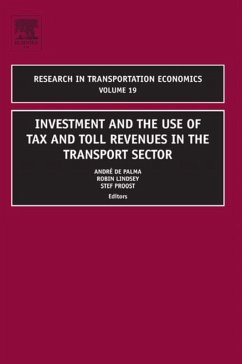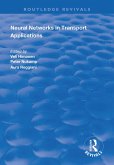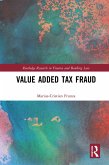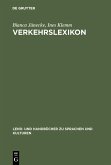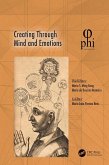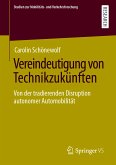Transport infrastructure developments will depend increasingly on the level of user charges. One reason is the ongoing liberalization of the EU transport sector, especially for air and rail. Another is the trend towards implementing tolls and other user charges on roads. It is expected that user charges will progressively replace government subsidies for infrastructure expansion and maintenance. Revenues from user charges may also be used to cross subsidize other transport modes. The surplus anticipated on urban roads could be used to fund infrastructure and operation of public transport and/or non-urban roads.
This book brings together both the theory and the current practice of user charges, tolls and revenue use in European countries. It examines public finance aspects such as earmarking, as well as public management aspects of different pricing and revenue use principles. A set of guidelines is developed for a better use of toll and tax revenues. The set of guidelines is tested with a new cost benefit tool in case studies that cover France, Germany, Norway , Switzerland and the UK.
Research in Transportation Economics is now available online at ScienceDirect - full-text online of volumes 6 onwards.
This book brings together both the theory and the current practice of user charges, tolls and revenue use in European countries. It examines public finance aspects such as earmarking, as well as public management aspects of different pricing and revenue use principles. A set of guidelines is developed for a better use of toll and tax revenues. The set of guidelines is tested with a new cost benefit tool in case studies that cover France, Germany, Norway , Switzerland and the UK.
Research in Transportation Economics is now available online at ScienceDirect - full-text online of volumes 6 onwards.
Dieser Download kann aus rechtlichen Gründen nur mit Rechnungsadresse in A, B, BG, CY, CZ, D, DK, EW, E, FIN, F, GR, HR, H, IRL, I, LT, L, LR, M, NL, PL, P, R, S, SLO, SK ausgeliefert werden.

